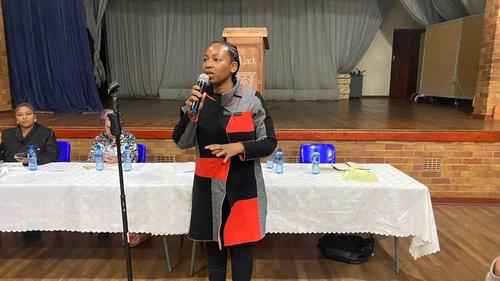Loadshedding
Johannesburg on the brink as City Power plummets into financial crisis

Johannesburg’s City Power is in a dire financial situation, with an overdraft of R9.1 billion at the end of September. According to Moneyweb, its financial position is not good on almost every measure, with collections below the expected level. Sales in the three months were R500 million lower than anticipated, which is unsurprising given the near-constant load shedding. This situation will likely worsen in the later quarters of this fiscal year. As a result, residents are bearing the brunt of a failing entity.
The Rosebank grid was under severe strain recently due to a primary line failure from Parkhurst to Saxonwold, Parkwood, and Parktown North. This failure led to an overload of the Forest Town substation, causing continuous trips. Technicians decided to back feed from Rosebank to resolve this, which shifted the problem. Boskruin/Sundowner/North Riding are also experiencing a similar situation, and several other areas in the metro are experiencing overloaded grids due to back feeding.
Continuous load shedding is causing more strain on equipment, with technicians only able to work on faults when no load shedding is on the schedule. This delay means residents sometimes wait between six and 60 hours for power restoration if there is a trip after load shedding.
Also read: Mantashe says load shedding is an “irritant” to society
Overall, there has been neglect in maintenance across the electricity distribution network, and distribution infrastructure has been up to date with residential and commercial development. Challenges include a fifth of its transformer fleet requiring refurbishment and replacement. City Power says that 60 transformers have reached the end of their lifespan and must be replaced, with a further 73 due in the next five to 10 years. However, with its current funding allocation, City Power is only refurbishing three to five transformers yearly, which is insufficient.
City Power reported a deficit of R1.4 billion in the first quarter of this financial year, equalling an effective loss of R450 million a month. Cash collection in the last three months was between 81% and 88%, below the budgeted amount of 95%. Customers owe it up to R2.85 billion, 31% higher than at the end of the last financial year. Maintenance and repairs spending is over budget by R70 million in the quarter.
Current liabilities of R10.45 billion exceed existing assets of R3.5 billion by nearly R7 billion. The solvency ratio is 5:1 (benchmark of 2.1:1), while its liquidity ratio is -197%, against a norm of 60%. City Power’s overdraft, an internal loan from the City of Johannesburg, has grown to R9.1 billion, more than R2 billion higher than the utility company was ready for. Because of the overdraft, its cash cover is -1.44, meaning it cannot cover one month’s operating costs. In addition, this debt costs R36 million monthly in interest, which is entirely unsustainable. The board will continue to pressure the City to review this loan and convert it into equity or to write it off. However, there is little hope that this will address the problem. An existing R624 million long-term loan from the City (from 2001), with an interest rate of 17.5% per annum, was supposed to be paid off by 2011, but it hasn’t been.
Also read:





















